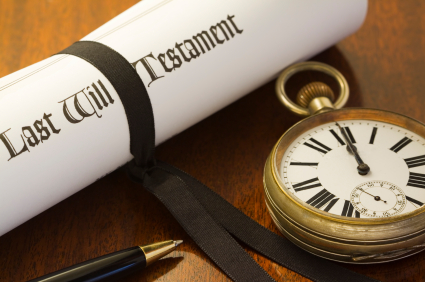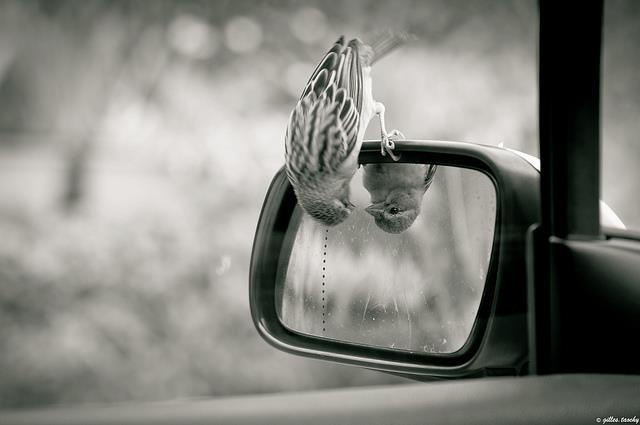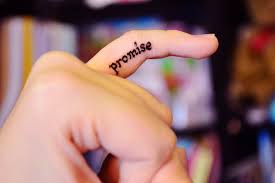For many years, I have spoken about the characteristics of value when it comes to our heirlooms and other personal property. Contrary to popular belief, the “age” of an item, is not necessarily the most important characteristic of value.
Appraisers look at objects from many different perspectives; condition, rarity, the market, an item’s desirability, materials and craftsmanship, the artist (if known), provenance/history, quality, style, etc. As you can see, determining a fair market value is NOT as simple as looking on ebay and it is certainly not an asking price or a retail/gallery price. It’s more complex than that.
Most do not realize that condition issues can really put a dent in the value of an item, especially if the piece has been altered from its original condition; painted over, stripped, refinished, married pieces, etc,. all of which have an impact on value. However, there is more to the story on what can have a negative impact on values.
Think “damage.”
Here are some other things to take into consideration when you believe great-grandmother’s curio or desk might be worth a fortune:
1) Moldy/Mildewy = Stinky – Mold and mildew are active fungi and grow in colonies. They reproduce by spores carried by air so it spreads. It not only destroys the material it lands on, it can also cause mild to severe health issues. Many estates are locked up for a long time, whether in storage or a home that has not yet been sold. Often the air conditioner and heat are barely on and the home can take on an awful odor, in storage too. This musty smell takes time to develop and is a sign the piece(s) have been exposed to dampness and active decay is taking place over time.
2) Leaky – Many pieces we find may have water damage from simple water rings to evidence of sitting in water after pipe damage, leaky roof, etc. Water is an enemy to household furnishings and once the damage is done, it is hard to un-do.
3) Mousey/Buggy – In estates, we see what mice leave behind in the way of poop and find bug problems as well. It can range from simple to quite complex. Mouse poop is an extreme health hazard and can cause the Hantavirus which is potentially lethal for humans. Bugs too can cause all types of damage to both wood furniture as well as the home itself.
4) Heat/Cold Exposure – Exposure to extreme heat or cold in the attic, basement, direct sunlight, etc., can have a devastating effect on our belongings. Heat can cause the finish on furniture to “bubble and crackle” and trap dust underneath it once it cools. Heat expands wood and cold contracts it. This would explain why some veneer pops up, falls off or the piece becomes warped with time.
5) DIY Stripping and Refinishing – All of us have the best intentions when it comes to a DIY job of stripping, sanding and refinishing. The problem is most people do not do a quality job (most likely because it is tiring work) and this can have a serious impact on value.
6) Missing pieces – such as finials, relief carving, legs, pieces of veneer, original knobs, etc. If pieces are missing, the value goes in only one direction; down. People who are looking to purchase these items are definitely looking for all original pieces.
7) Something Old, Something New – People can get pretty creative with damaged antiques, especially if a piece is missing or the owner wants to create a different looking piece by adding new legs, a new shelf on top, etc. We see a blending of one piece with another, and often one piece is old and the other piece is newer. To the owner, it looks great. To a professional who is tasked with the selling of such an item, it certainly hurts the value. In the industry, we call putting two or more unoriginal pieces together being “married.” It works for people, but not necessarily objects.
Damage of any kind will hinder the selling price of most items, unless the prospective buyer likes the “look.” Sometimes our clients are a bit shocked when it comes to the seriousness of how much value a treasured piece can lose due to any of these circumstances.
©2017 The Estate Lady®
Julie Hall, The Estate Lady®, is the foremost national expert on personal property in estates, including liquidating, advising/consulting, and appraising. http://www.TheEstateLady.com She is also the Director of American Society of Estate Liquidators®, the national educational and resource organization for estate liquidation. http://www.aselonline.com.
No part of The Estate Lady® blogs, whole or partial, may be used without Julie Hall’s written consent. Email her at julie@theestatelady.com.






